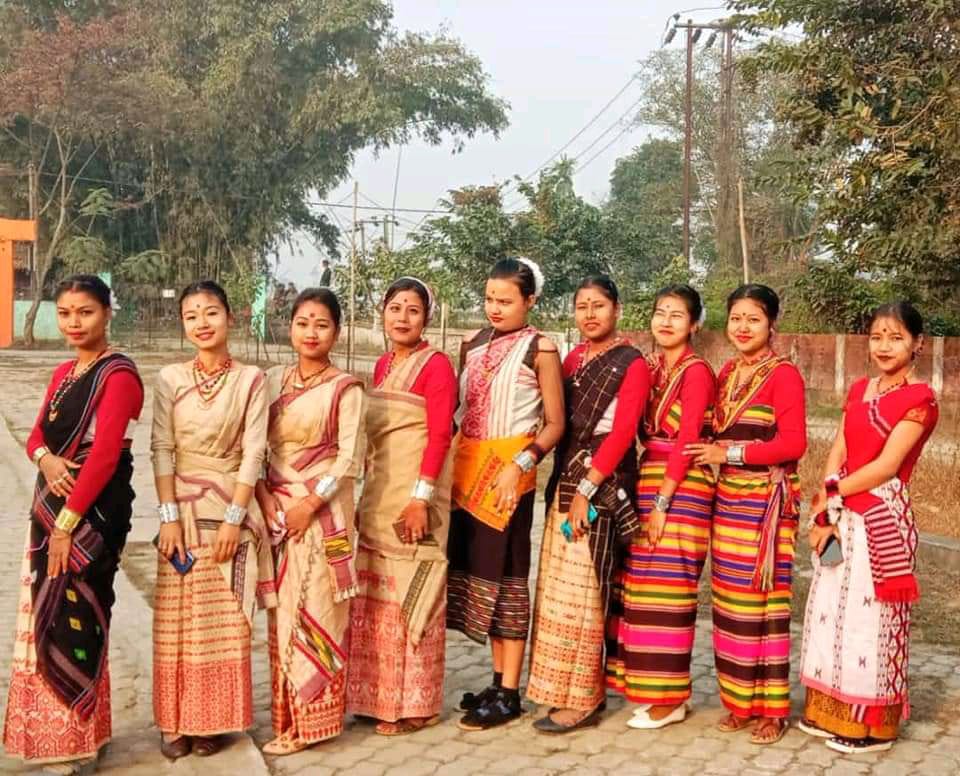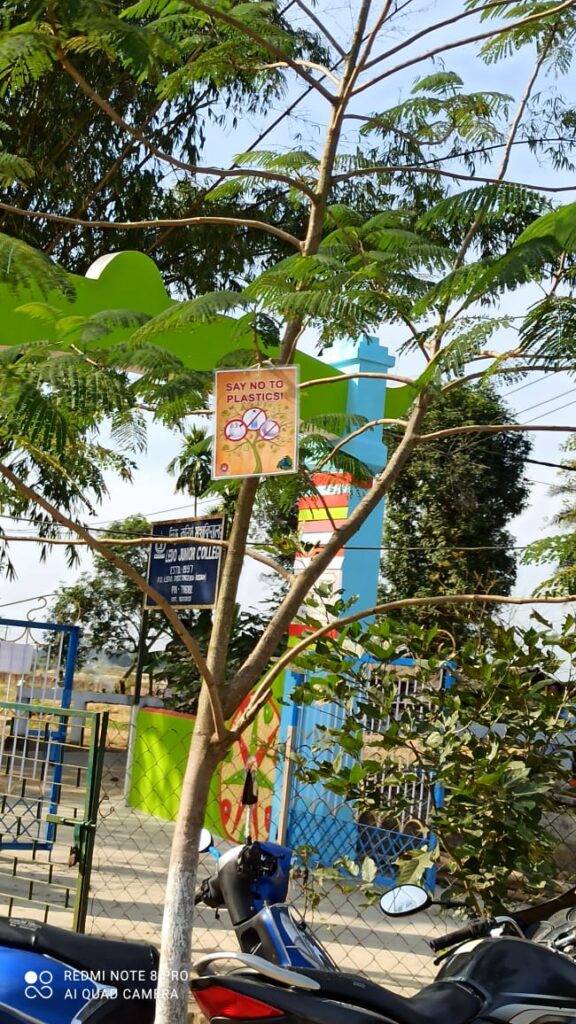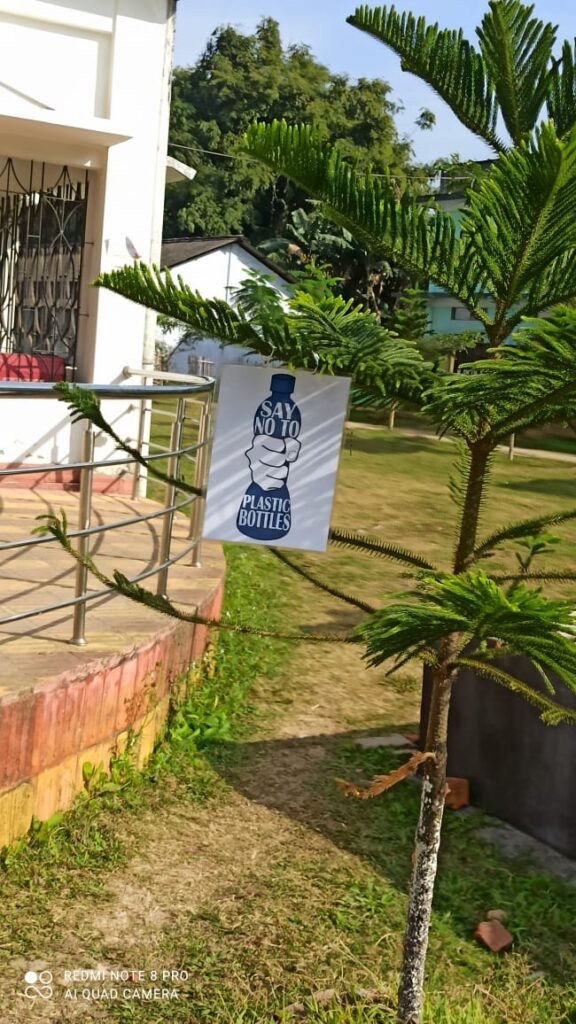
Institutional best practices
As a college locating at remote and rural area, Ledo college has a few scope to have best practices. The college always tries to show its peculiar identity and attraction for public through best practices. It also tries to create more interest among the learners so that they always feel eager to get admitted in the college for study and experience.
The two best practices implemented at Ledo College are (i) Plastic free campus (2) protector and Promoter of local ethnic culture.
- Plastic free campus: Ledo College never allows plastic within the campus as use of plastic is not only dangerous for health but also for environment. Therefore the institution strictly avoids plastic such as plastic bottles of water, plastic plates, glasses, polythene packets etc. The college tries to send a message to the society that we should avoid plastic as much as possible to protect our ecological balance, health and environment. No person is allowed to use plastic within the campus. If any outsider brings plastic water bottle or packets at any program he or she is let to know about the plastic free campus and requested not to use it and college provides alternate elements to the guest to fulfill his or her demands. E.g., instead of allowing the person to use plastic Water bottle, (s)he is provided with water in another container.
- Protector and Promoter of local ethnic culture: Ledo college is located in a place which has a geographical peculiar values because of many reasons. It is famous for Ledo- Stilwell Road connecting Myanmar and China. Ledo is also considered as ‘Mini India’ as people from different parts of India came and live here. The most importantly, Ledo is famous for its cultural diversity. Many local ethnic groups such as Tai-Phake, Tai- Khamyang, Tai-Khamti, Singpho etc live in nearby areas of Ledo. Some of their language, culture are on the verge of extinction or vulnerable.Though they have own Rich culture, language, tradition etc., yet they couldn’t keep it safe because of globalisation and colonization. Having been known to this condition, Ledo College has decided to protect these ethnic groups as much as possible. In almost all programs of the college, different ethnic groups are invited to show their culture such as drama, Dance, song etc. so that they get a platform to show their culture in front of other people. Many students of Ledo College, who are from these vulnerable ethnic groups, also encouraged to lead their culture for protection and promotion. The college is now thinking to set up an archived Centre for the protection and promotion of these ethnic groups, their culture in near future.


